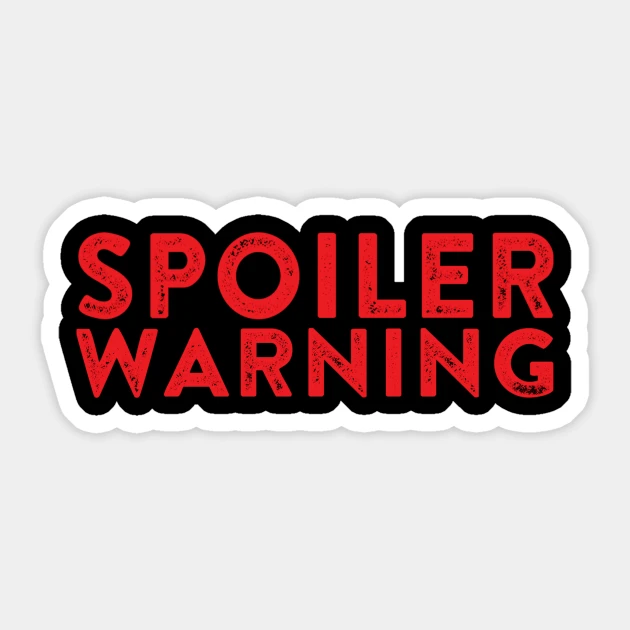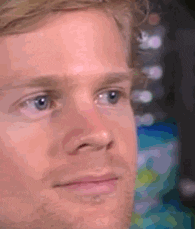I Liked She-Hulk
I’m probably going to get into some spoilers here, so if you haven’t watched the entire first season of She-Hulk on Disney+, you might want to come back later. There will be another blog post tomorrow on a different topic if you don’t want anything She-Hulk related spoiled.

She-Hulk was good! Really good!
There appears to be a bunch of people on The Internet that didn’t like it, so I will acknowledge a couple of things about the show before I start lavishing praise on it. The big concern before it started airing was the CGI. For the most part, I thought it was really solid, but there are a few scenes where it’s a little bit weird and might pull people out. Whatever goofiness there may have been occasionally with the special effects didn’t bother me. It was not perfect, but it was good enough for me to have a great time.
A couple of the characters weren’t very deep or believable, to me. That also didn’t bother me, because they were in the spirit of the show. This thing was light, quirky, funny, and smart. An outrageous stylist and a self-entitled rich kid that wanted to dress up as a frog were pretty much on point for the tone of the show. That goes for a number of other characters, too. The show knew what it was, and they knew what they were doing.
I can’t think of any other ways I’d criticize this, other than to say I wish it was longer.
It completely captured the feel of the She-Hulk from the comics, right down to her 4th wall breaking. There are a handful of people that criticized this (while at the same time praising Deadpool for it), which is odd because in the comics, she was breaking the 4th wall before Deadpool started doing it. That was part of the tone of the comics, which was woven directly into the show.
Tatiana Maslany crushed it as Jennifer Walters/She-Hulk. She was the best part of the show, which already had a lot going for it.
Unlike a lot of the other Marvel Disney+ shows, this one knew that it was an episodic show, and it played out as an episodic show. As much as I like the other shows, they often feel like a 3 hour movie spread over 8 episodes. She-Hulk dodged that.
It was a good time. Really. Is it my favorite thing ever? No. But it was everything I wanted it to be, and that’s enough.
Two more things, then I’ll close this off and play some video games.
First, I see the argument over and over how the MCU is all the same. It is not. It wasn’t all the same before She-Hulk came out, and it’s definitely not now. This one is different, and it addresses the meta in the text of the show, through Jennifer’s 4th wall breaks.
Finally, I want to talk about the ending because apparently, it’s controversial.
The very beginning pays perfect homage to the old Incredible Hulk TV series starring Bill Bixby. As soon as I saw it, I knew I was in for a treat. It made me happy. Then the episode unfolded, and as Jennifer got beat further and further into the ground by the plot, she became more and more unsettled. In the end, she broke the fourth wall entirely, making it look like the show dropped out to the Disney+ home screen, then proceeded to go to the show’s writer room and KEVIN in order to straighten things out.
The funny thing is, this is Jennifer Walters using one of her superpowers, her ability to break the 4th wall, in order to solve her problem. That’s different, but completely in-line with every other superhero finally.
I love it!
So, those are my thoughts on She-Hulk. I’m hoping for a season 2, and I hope she makes it onto the big screen, too.

